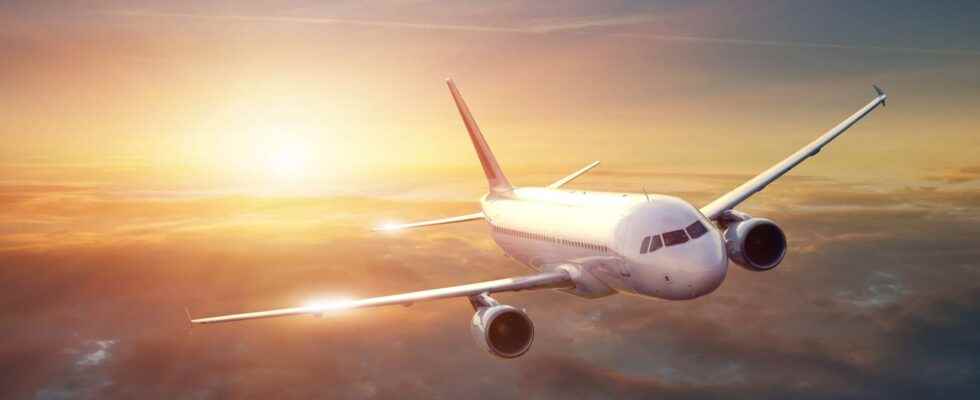American operators Verizon and AT&T have decided to postpone their plans to cover areas near airports with 5G-C. Airlines believe that this frequency band interferes with aircraft radio altimeters.
You will also be interested
[EN VIDÉO] Kézako: how to make an airplane fly? Around the world, about one plane takes off every second. A century after its beginnings, aviation has become one of the safest means of transport. Like a bird, an airplane flies because it has wings, which generate a force called lift. The University of Lille 1, with the Kézako program, explains this principle to us in this short didactic video.
While 5G has been deployed in France for more than a year now, we now rarely hear about its possible consequences on the health. If there is no evidence that the electromagnetic waves are dangerous, it seems on the other hand that they can pose major problems of coexistence with the navigation systems of airliners. In the United States, after the multiple flight cancellations announced by the airlines Emirates Airlines, British Airlines, ANA, Japan Airlines or Air India…, the operators AT&T and Verizon have just agreed to suspend part of their deployment 5G-C, i.e. the most powerful band, near airports. AT&T says in a statement that it is working with the aerospace industry and Federal Aviation Administration (FAA) for “ provide further information on our 5G deployment “.
Everything comes from the request of nine airlines. They fear that the frequency used for 5G interferes with radio altimeters planes. These instruments are used by pilots to gauge the distance between the aircraft and the ground in order to land. As a result, US airlines have asked the authorities to prohibit the placement of antennas within 3.2 kilometers of the runways of certain airports.
Radio altimeters disrupted by 5G?
In all, 50 airports will benefit from buffer zones to mitigate potential disruption problems due to 5G. On the other hand, at 88 airports where 5G antennas from Verizon and AT&T have been deployed, the use of radio altimeters seems to be compromised. Boeing even sent a message to 777 and 747-8 operators recommending that they not operate them on approach and landing on American runways. For their part, if the operators have accepted these measures, they say that the 5G-C band technology is safe and has been proven in more than 40 other countries. The FAA, for its part, will have to determine whether the 5G-C band is indeed likely to generate interference hazardous to aeronautical instruments.
Interested in what you just read?
